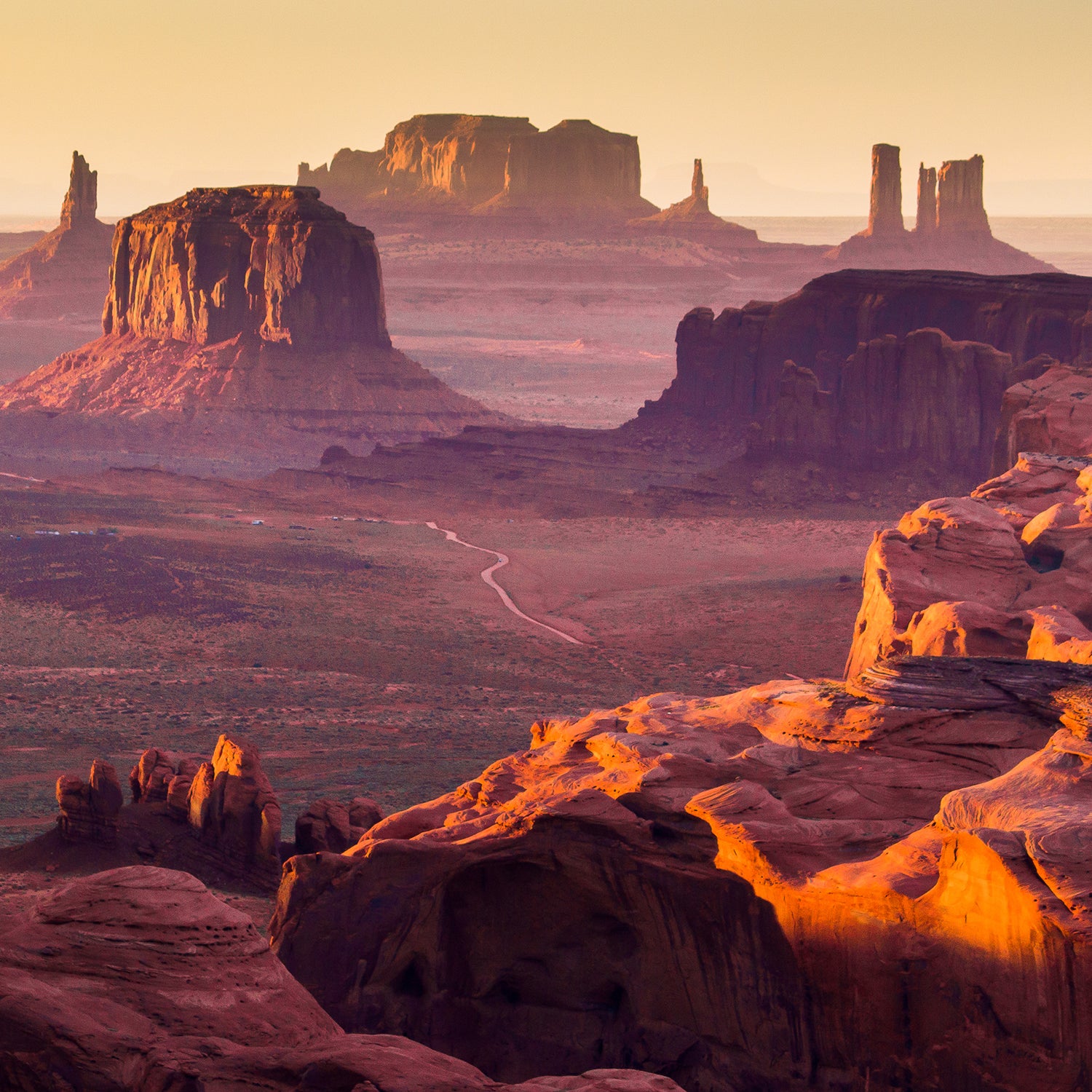Immediately after he took office, on January 20, 2017, President Donald Trump and his officials began opening up public lands to the energy industry. Ever since, it’s been hard to keep track of all the regulation rollbacks and revoked protections.
First, there was the announcement on January 30, 2017, to reorganize government agencies, including the National Park Service and the Department of the Interior. Two weeks later, Trump repealed a rule that stopped mining companies from dumping waste into rivers. Then Ryan Zinke was confirmed as secretary of the interior, and from there the deregulation pace quickened. Zinke oversaw reviewing national monuments, streamlining oil and gas industry permits, opening Arctic waters to drilling, and, finally, shrinking two monuments in Utah.
There have been other, quieter rollbacks as well. That’s why this timeline, developed recently by the Wilderness Society, is so handy. It aggregates all the Trump administration’s public-land policy changes into a tidy interactive timeline. Public lands are obviously important to us at Outside—we even created a forum to discuss them. And not since the Reagan administration has a president so openly favored corporate interests over conservation.

